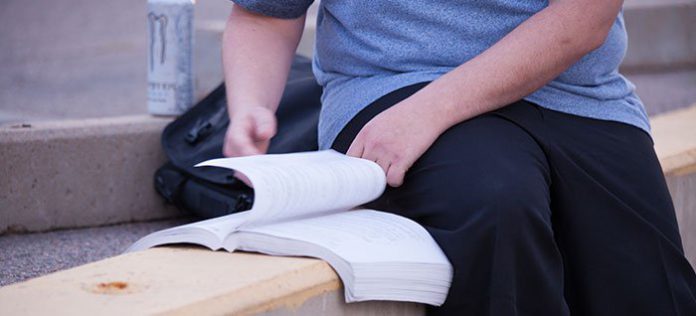
The Colorado Supreme Court still intends to proceed with the state bar exam, planned for July 28-29, but the situation is being monitored in case the COVID-19 pandemic’s impact on Colorado causes changes by the end of the month.
Some jurisdictions around the country are trying different methods of admitting law students to their state’s bar: Some states, such as Oregon, Utah and Washington are offering diploma privilege — admitting some law grads without the bar exam at all; other states, including Connecticut, Hawaii, Massachusetts, New Jersey and New York, have postponed their bar exams. Colorado, however, is among the states proceeding with the traditional bar exam. Colorado is taking precautions to keep test-takers six feet apart and to limit their interactions with one another.
The Office of Attorney Regulation Counseal outlined aits precautions to protect test-takers. And anyone who fails to comply will be disqualified under the new protocols.
Deputy regulation counsel Dawn McKnight said staff and examinees will have health and temperature checks before entering the exam site. Anyone who doesn’t pass the health checks will not be able to sit for the exam.
“Examinees can reduce the odds of such misfortune by self-isolating and/or minimizing contact with others and taking related precautions in the weeks prior to the bar exam,” the June 12 testing protocols for the exam read.
The exam itself is now being administered at “multiple locations” around the Denver and Boulder area. The anticipated locations include the University of Denver Sturm College of Law, the University of Colorado Law School and the standard July exam site at The Denver Mart, at 451 E. 58th Ave.
Each examinee will be assigned a testing site location, a room at the testing site and a seat in the room. However, those taking the exam “should not assume that they will be at a particular site until those assignments are final,” according to the protocols.
Exam takers will be assigned a to a group. Staggered entry to the sites, using multiple entry points to a building, based on time and group, will be used. These groups will be assigned designated areas in the testing center, which include assigned bathrooms and hallways. They will leave for lunch and breaks at the same times. The group will be given a designated arrival time and all those in the group must be ready to enter at that specified time. Everyone has to enter and exit with their assigned group, and those who turn up late will have to wait until all others are in the building — and will not receive extra time for their exam.
“Due to increased time it will take for entry to and exit from the buildings, examinees must be prepared to be at testing sites until 5:30 pm,” the protocols read.
All examinees are required to wear masks whenever they are moving around testing sites, including entering and exiting, and during breaks. Masks will be provided at the centers but bringing more than one personal mask is advised to be switched out through the day to avoid personal irritation by pressure caused by the mask.
All takers will be six feet apart “in all directions” under testing. The exam takers must be six feet apart when in line to enter or exit the facility and during exam administration, according to the protocols. All unnecessary talking, both inside and outside of testing sites, is discouraged by the Office of Attorney Admissions for the risks it causes of spreading COVID, according to the protocols.
Examinees should be prepared to “strictly comply” with all public health recommendations and protocols, according to the protocols. The OAA has worked with state and local health officials to identify and implement protocols the state requires for safe administration of the exam for everyone involved. The exam protocols are subject to change based on health guidance around the time of the exam, McKnight said.
“While OAA understands the enormous challenges facing exam applicants for this exam, the ability to administer this exam in compliance with public heath orders is only possible with the full commitment and cooperation of all bar exam applicants to protect other exam takers and exam administration staff.”
At each seat, the takers will be provided with masks, hand sanitizer, disinfectant spray, tissues and disinfectant wipes will be available for each group in their area. Also, to help bring in fresh air, ventilation at the site could be adjusted, according to the protocols. In some sites, doors and windows may stay open to increase circulation, and it’s recommended that examinees wear clothing “without pockets” that allows adjusting to different temperatures.
“These requirements are not negotiable, and a failure to comply with them will disqualify an applicant from sitting for the July 2020 bar exam,” the protocols state.
—Avery Martinez

